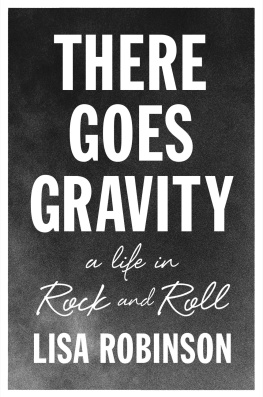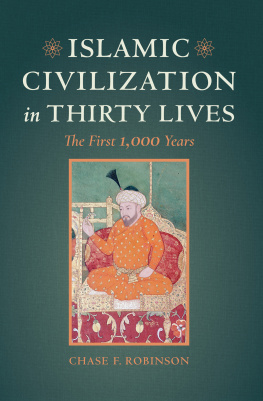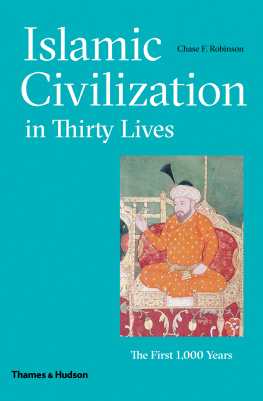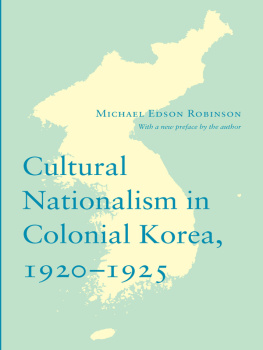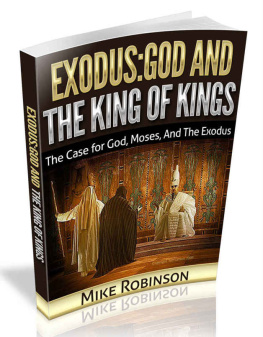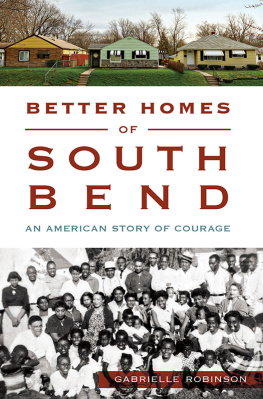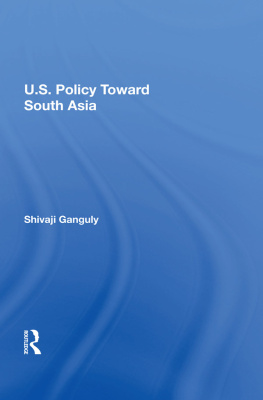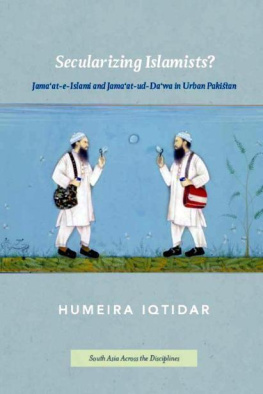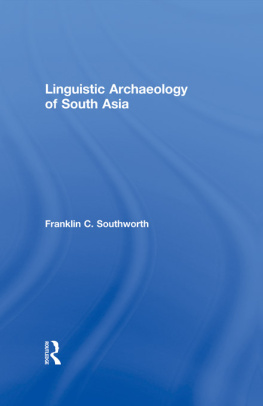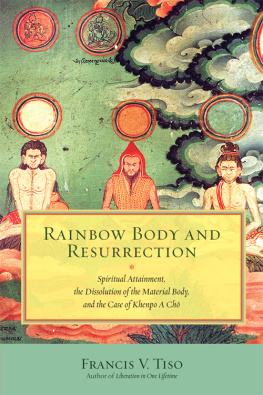Robinson - Body of Victim, Body of Warrior (South Asia Across the Disciplines)
Here you can read online Robinson - Body of Victim, Body of Warrior (South Asia Across the Disciplines) full text of the book (entire story) in english for free. Download pdf and epub, get meaning, cover and reviews about this ebook. year: 2013, publisher: University of California Press, genre: Politics. Description of the work, (preface) as well as reviews are available. Best literature library LitArk.com created for fans of good reading and offers a wide selection of genres:
Romance novel
Science fiction
Adventure
Detective
Science
History
Home and family
Prose
Art
Politics
Computer
Non-fiction
Religion
Business
Children
Humor
Choose a favorite category and find really read worthwhile books. Enjoy immersion in the world of imagination, feel the emotions of the characters or learn something new for yourself, make an fascinating discovery.

- Book:Body of Victim, Body of Warrior (South Asia Across the Disciplines)
- Author:
- Publisher:University of California Press
- Genre:
- Year:2013
- Rating:5 / 5
- Favourites:Add to favourites
- Your mark:
- 100
- 1
- 2
- 3
- 4
- 5
Body of Victim, Body of Warrior (South Asia Across the Disciplines): summary, description and annotation
We offer to read an annotation, description, summary or preface (depends on what the author of the book "Body of Victim, Body of Warrior (South Asia Across the Disciplines)" wrote himself). If you haven't found the necessary information about the book — write in the comments, we will try to find it.
Robinson: author's other books
Who wrote Body of Victim, Body of Warrior (South Asia Across the Disciplines)? Find out the surname, the name of the author of the book and a list of all author's works by series.
Body of Victim, Body of Warrior (South Asia Across the Disciplines) — read online for free the complete book (whole text) full work
Below is the text of the book, divided by pages. System saving the place of the last page read, allows you to conveniently read the book "Body of Victim, Body of Warrior (South Asia Across the Disciplines)" online for free, without having to search again every time where you left off. Put a bookmark, and you can go to the page where you finished reading at any time.
Font size:
Interval:
Bookmark:
Body of Victim, Body of Warrior
SOUTH ASIA ACROSS THE DISCIPLINES
Edited by Dipesh Chakrabarty, Sheldon Pollock, and Sanjay Subrahmanyam
South Asia Across the Disciplines is a series devoted to publishing first books across a wide range of South Asian studies, including art, history, philology or textual studies, philosophy, religion, and interpretive social sciences. Contributors all share the goal of opening up new archives, especially in South Asian languages, and suggesting new methods and approaches, while demonstrating that South Asian scholarship can be at once deep in expertise and broad in appeal.
Funded by a grant from the Andrew W. Mellon Foundation and jointly published by the University of California Press, the University of Chicago Press, and Columbia University Press. Read more about the series at http://www.saacrossdisciplines.org .
Extreme Poetry: The South Asian Movement of Simultaneous Narration , by Yigal Bronner (Columbia University Press, 2010)
The Social Space of Language: Vernacular Culture in British Colonial Punjab , by Farina Mir (University of California Press, 2010)
Unifying Hinduism: The Philosophy of Vijnanabhiksu in Indian Intellectual History , by Andrew J. Nicholson (Columbia University Press, 2010)
Secularizing Islamists?: Jamaat-e-Islami and Jama at-ud-Dawa in Urban Pakistan , by Humeira Iqtidar (University of Chicago Press, 2011)
Islam Translated: Literature, Conversion, and the Arabic Cosmopolis of South and Southeast Asia , by Ronit Ricci (University of Chicago Press, 2011)
Conjugations: Marriage and Form in New Bollywood Cinema , by Sangita Gopal (University of Chicago Press, 2011)
The Powerful Ephemeral: Everyday Healing in an Ambiguously Islamic Place , by Carla Bellamy (University of California Press, 2011)
Body of Victim, Body of Warrior: Refugee Families and the Making of Kashmiri Jihadists , by Cabeiri deBergh Robinson (University of California Press, 2013)
Body of Victim, Body of Warrior
REFUGEE FAMILIES AND THE MAKING OF KASHMIRI JIHADISTS
Cabeiri deBergh Robinson

UNIVERSITY OF CALIFORNIA PRESS
BERKELEY LOS ANGELES LONDON
University of California Press, one of the most distinguished university presses in the United States, enriches lives around the world by advancing scholarship in the humanities, social sciences, and natural sciences. Its activities are supported by the UC Press Foundation and by philanthropic contributions from individuals and institutions. For more information, visit www.ucpress.edu .
University of California Press
Berkeley and Los Angeles, California
University of California Press, Ltd.
London, England
2013 by The Regents of the University of California
Cataloging-in-Publication Data is on file with the Library of Congress
ISBN 978-0-520-27420-4 ISBN 978-0-520-27421-1
eISBN 9780520954540
Manufactured in the United States of America
22 21 20 19 18 17 16 15 14 13
10 9 8 7 6 5 4 3 2 1
In keeping with a commitment to support environmentally responsible and sustainable printing practices, UC Press has printed this book on Rolland Enviro100, a 100% post-consumer fiber paper that is FSC certified, deinked, processed chlorine-free, and manufactured with renewable biogas energy. It is acid-free and EcoLogo certified.
CONTENTS
LIST OF ILLUSTRATIONS
MAPS
FIGURES
LIST OF ABBREVIATIONS
| AJK | Azad Jammu and Kashmir |
| AJKMC | All Jammu and Kashmir Muslim Conference |
| AJKNC | All Jammu and Kashmir National Conference |
| APHC | All Party Hurriyat Conference |
| BSF | (Indian) Border Security Force |
| IDP | Internally Displaced Person |
| ICRC | International Committee of the Red Cross |
| INGO | International Non-Governmental Organization |
| IRO | International Refugees Organization |
| ISI | (Pakistani) Inter-Services Intelligence |
| JKLF | Jammu and Kashmir Liberation Front |
| KRCRC | Kashmir Refugees Central Relief Committee |
| LoC | Line of Control |
| MAJ | Muhammad Ali Jinnah Papers (National Archives of Pakistan) |
| MFJ | Mohtarmah Fatima Jinnah Papers (National Archives) |
| MI | (Pakistani) Military Intelligence |
| MKA | Ministry of Kashmir Affairs |
| NAP | National Archives of Pakistan |
| NWFP | North West Frontier Provinces |
| PMLWC | Punjab Muslim League Womens Committee |
| QARF | Quaid-i-Azam Relief Fund |
| RAW | (Indian) Research Analysis Wing |
| UJC | United Jihad Council |
| UN | United Nations |
| UNAC | United Nations Appeal for Children |
| UNCIP | United Nations Commission on India and Pakistan |
| UNHCR | United Nations High Commissioner for Refugees |
| UNICEF | United Nations International Childrens Emergency Fund |
| WRC | Womens Relief Committee |
NOTE ON NAMES, TRANSLITERATION, AND PHOTOGRAPHS
In this book, I refer to the distinct governmental regions of the disputed territory of Jammu and Kashmir by the names by which they are identified in their own current constitutional documents. In Pakistan, the State of Azad Jammu and Kashmir is commonly referred to as Azad Kashmir (Free Kashmir) and in India it is known as POK (Pakistan Occupied Kashmir). I employ its full constitutional name except when I am presenting ethnographic materials, in which case I reproduce names like Azad Kashmir and Occupied Kashmir in order not to distort the speakers intentions. For the sake of consistency and clarity, I refer to its government as the government of Azad Jammu and Kashmir. Likewise, I refer to the 1949 UN Ceasefire Line as the military Line of Control, even though it wasnt officially renamed until the Simla Agreement of 1972.
Following anthropological convention, I use pseudonyms in my presentation of all ethnographic information. For unmarried youths and young men, I use only a single name. I use two names for older men to whom I owe the respect due to an elder, but in order to avoid the confusion that would result from using a fictive second name linked to descent-group identities, I use two male first names. Women generally have as a second name the first name of their father or of their husband; I use the second name Bibi for younger women and Begum for elder women. In my presentation of historical material, such as documents or memoirs, I use real names as recorded in the public or governmental record.
Transliteration of Urdu words follows the system standardized by John T. Platts in A Dictionary of Urd, Classical Hind, and English and reflects the standard spelling of the word as it is written . I do not use diacritical markings in any personal names, proper nouns, or adjectives generated from proper nouns (such as Kashmiri or Pakistani) unless they are a part of an Urdu language phrase. In the case of political parties and militant organizations for which there are several alternative English transliterations in use, I employ a common one. The term jihd has entered into English-language usage in the past decade. As an English word, jihad is used to refer to Islamic religious warfare. As an Islamicate word, however, the term has a more variegated meaning; it can refer to a struggle in either spiritual or material realms. In this text, I retain the hard diacritic to mark the fact that it has also become a dialectical term, jihd, which refers simultaneously to its use within specific Muslim societies and to its integration into a global political vocabulary. I use the term as a foreign word (jihd) to mark its use (1) as an ethnographic distinction within translated ethnographic quotes to draw attention to the speakers original use of the term; and (2) as a purely Islamic concept in religious texts. I deploy a grammatically unconventional plural in this text to make another ethnographic distinction; muhjirn is the correct grammatical plural of muhjir (refugee) and mujhidn of mujhid (warrior), but I use English plurals (muhjirs and mujhids) to indicate a plurality of individuals as opposed to a collectivity. This is an important distinction in the greater Kashmir context, where people use a singular noun with a plural verb to mean groups of individuals; for example, yeh lg mujhid hai (those people are mujhids ). Thus, I use the word mujhids when many individual militants are involved, but I use the word mujhidn when referring to a collective of militants acting or speaking as members of an organization.
Next pageFont size:
Interval:
Bookmark:
Similar books «Body of Victim, Body of Warrior (South Asia Across the Disciplines)»
Look at similar books to Body of Victim, Body of Warrior (South Asia Across the Disciplines). We have selected literature similar in name and meaning in the hope of providing readers with more options to find new, interesting, not yet read works.
Discussion, reviews of the book Body of Victim, Body of Warrior (South Asia Across the Disciplines) and just readers' own opinions. Leave your comments, write what you think about the work, its meaning or the main characters. Specify what exactly you liked and what you didn't like, and why you think so.


